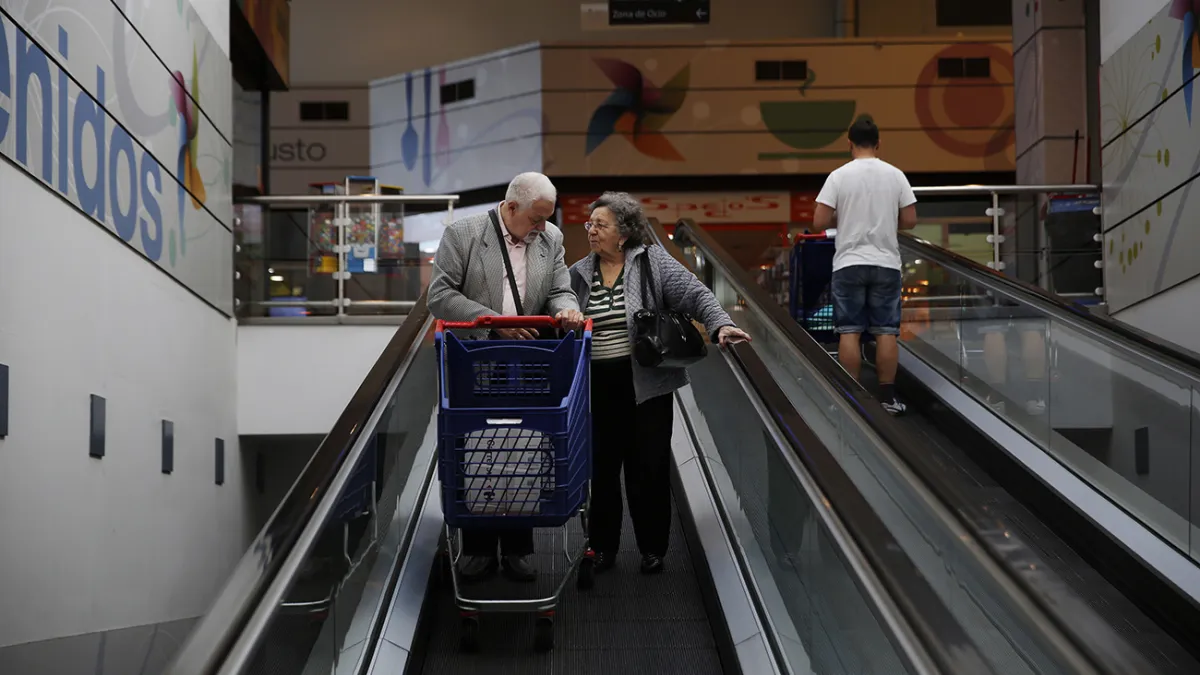
President Trump’s chaotic trade war is shattering Americans’ confidence in the economy, according to new survey data released Friday.
The University of Michigan’s closely watched consumer confidence index dropped 32% between January and the end of April — the sharpest three-month decline since the recessionary year of 1990.
Consumer confidence was down 8% in April relative to March, a more modest decline than expected thanks to Trump’s suspension of his “reciprocal tariff” plan on April 9, which helped raise a preliminary monthly reading of 50.8 to a final reading of 52.2. But even with the smaller-than-expected decline, the monthly reading was still the fourth lowest going back to 1952. The index registered 74 in December.
Survey leader Joanne Hsu said the deterioration in the April data was “particularly strong” for middle-class households. At the same time, “expectations worsened for vast swaths of the population across age, education, income, and political affiliation,” Hsu said. “Consumers perceived risks to multiple aspects of the economy, in large part due to ongoing uncertainty around trade policy and the potential for a resurgence of inflation looming ahead.”
Inflation expectations soar to highest since 1981: Year-ahead expectations for inflation surged to 6.5%, up a point and a half from March and the highest reading since 1981, when the country was struggling with stagflation, marked by rising inflation and rising unemployment at the same time. Growing worries about inflation were seen across all political affiliations, with even Republicans displaying an increase in expectations, albeit a much lower level (0.4%) than Democrats (8.0%) and independents (6.5%).
In addition to inflation, consumers are worried about losing their jobs. About two-thirds say they expect unemployment to rise, and 44% believe they will be worse off financially in a year. Those perceptions could contribute to an economic slowdown. “Without reliably strong incomes, spending is unlikely to remain strong amid the numerous warning signs perceived by consumers,” Hsu said.
Economists see trouble ahead: Like consumers, economists are reducing their expectations for growth in the coming year, and the odds of a recession are rising. Economists surveyed by Bloomberg now see a 45% chance of recession in the coming year, a sharp increase from the 30% odds they reported in March.
The “U.S. economy is pointed in a bad direction,” Bill Adams, the chief economist for Comerica Bank, said Friday, per Politico. “The further it goes, the higher the risk of a recession.”